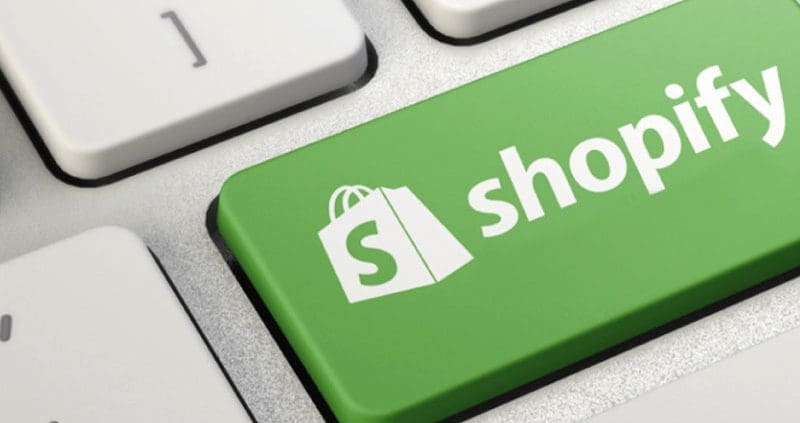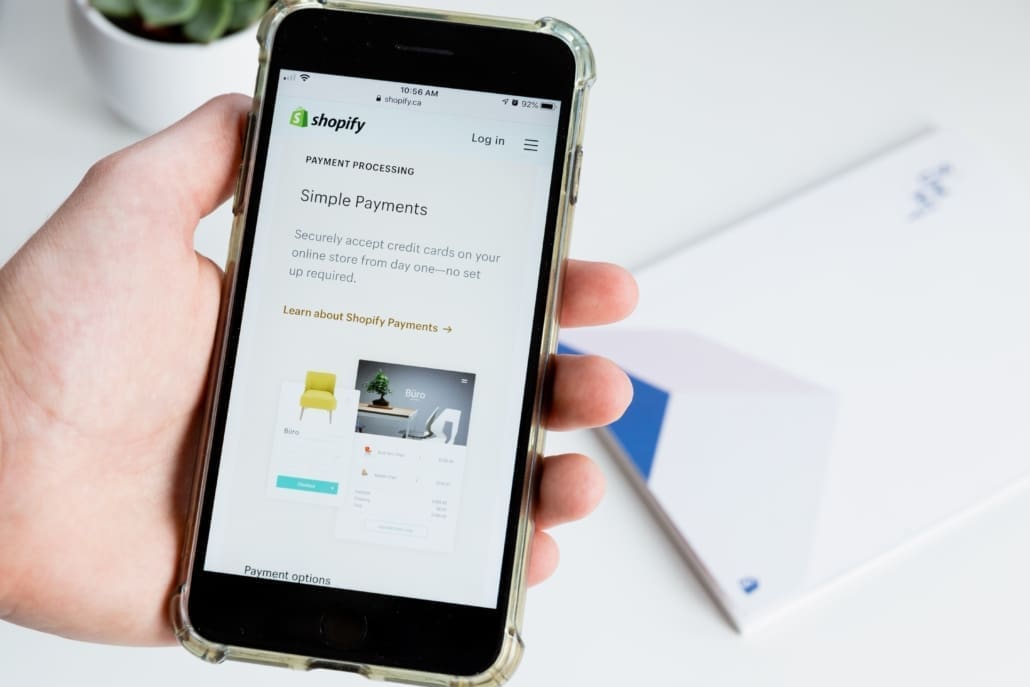xendoo vs. Pilot: Comparing Online Bookkeeping Services for Small Business Owners
Bookkeeping is critical to the financial health of every business, but business owners rarely have the time (or desire) to manage it themselves. To take their time back, many business owners choose to outsource their bookkeeping and accounting. There are many options available, from traditional CPAs to tech-savvy online companies. So, how do you choose the right financial partner for your business?
Today, we will take a look at two popular providers: Xendoo Online Bookkeeping and Pilot. Both provide quality online bookkeeping and tax services, but there are some key differences in features that will help you weigh your options:
- Online bookkeeping and tax services
- Accounting software
- Accounting methods
In this blog post, we will explore these key differences so that you can make the best choice for your business!
Online Bookkeeping and Tax Services
Most of Xendoo’s online bookkeeping packages are tax-inclusive, with prices starting at $295 per month. Plans can be paid monthly or annually, whichever works best for you. We reconcile your books weekly, and deliver your reports as early as the 5th business day of the month, depending on the plan you select!
Pilot offers three online bookkeeping plans, with prices starting at $599 per month, all of which are paid annually upfront. Tax services are available at an additional cost and must be purchased separately.
If you are behind on your bookkeeping, Xendoo and Pilot also offer catch-up services so you can get previous months’ books in order!
Accounting Software
Most small business owners manage their finances in a variety of ways, the more software options, the better! That is why Xendoo works with both Quickbooks Online and Xero. Depending on the nature of your business, one of these options will be able to meet your specific needs.
Pilot only offers Quickbooks Online. If you are already working in Xero, they will have to switch you to QBO and leave your history behind. While QBO is a solid option, it may not be the ideal choice.
Accounting Methods
Accounting methods determine when income and expenses are recorded in your financial statements. They affect how cash flow, profitability, and business performance are tracked. The method used depends on your business and tax needs.
Xendoo and Pilot use different accounting methods, with one exception: cash basis accounting. Depending on the plan you select, Xendoo will use a cash basis or modified accrual basis. Pilot defaults to an accrual basis on all plans, but you can request a cash basis.
- Cash basis accounting is a method in which revenue is reported only when cash is received, and expenses are noted when money leaves your account. It is often used by small businesses because of its straightforward nature.
- Accrual basis accounting records income once it is invoiced to the customer and records expenses once the bill is entered (even if it has not been paid yet). This is a complex method, used mostly for businesses with $5 million or more in annual revenue.
- Modified accrual basis accounting combines the best aspects of accrual and cash basis. It recognizes prepaid expenses and offers accrual for inventory and other Balance Sheet categories.
As accrual basis accounting is the most complex method, it is the most expensive and time-consuming method to complete. Even if your business needs to account for inventory and accounts payable and receivable, the accrual basis method may not be necessary. The modified accrual method can meet your business needs in a cost-effective and timely manner.
We recommend speaking to your accountant to determine the ideal accounting method for your business.
Try Us Out
Xendoo offers a free trial in which we complete your bookkeeping from the previous month, plus the Profit and Loss Statement and Balance Sheet, so you can experience the Xendoo difference for yourself. If you decide that Xendoo is not the best fit for you, we will gladly connect you with others in our network so you can find your ideal financial partner. The data and reports are yours to keep in your QuickBooks Online or Xero account. If you choose to partner with us, you will have access to a comprehensive customer portal, with data-driven visualizations, and your financial reports at your fingertips 24/7.
At this time, Pilot does not offer a free trial. They do weekly demos where business owners can tour the platform and ask questions.
For a brief summary of how Xendoo and Pilot compare, check out the chart below:
Who is Right for You?
It depends! Every business owner needs financial visibility into their numbers for effective decision-making and growth. If you are looking to simplify your books, Xendoo is the best choice for timely, accurate, and worry-free bookkeeping, accounting, and tax services for you and your business.
Xendoo is a team of real people that care about you and your business. Allow us to handle the hassles while you put more money in your pocket, reduce your stress, and get back to doing what you love. So, are we a fit for your business? Let’s talk! Schedule your free consultation today!

















